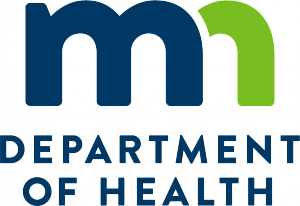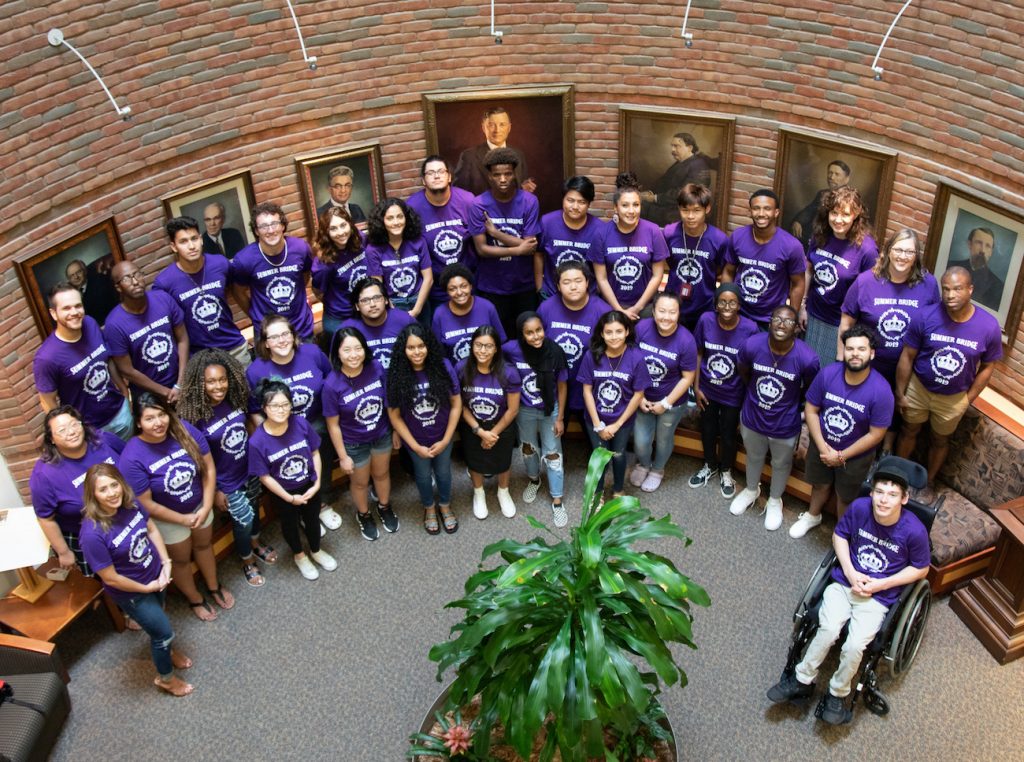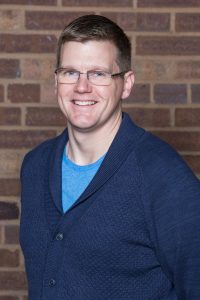(Minneapolis) – A $5 million award from the National Science Foundation will support the retention and graduation of high-achieving, low-income students who are pursuing bachelor’s degrees in science, technology, engineering, and mathematics (STEM). Augsburg University will receive $3,075,000 of the total award.
The collaborative project will provide scholarships as well as internships and research experiences for nearly 200 students over a five-year period starting this academic year at Augsburg, Century College, Minneapolis College, and Normandale Community College. These institutions will work together to provide seamless pathways for transfer from two-year to four-year STEM programs.
“This award offers students a powerful combination of a scholarship coupled with experience to prepare them for the workforce or further graduate study,” said Paul Pribbenow, Augsburg’s president. “As a member of the Governor’s Workforce Development Board, I know there is strong demand for students with these majors. STEM transfer students enrich our campus and bring talent and wisdom that our country needs.”
Scholarships of $7,500 to $10,000 will be awarded to students pursuing majors in biology, chemistry, computer science, engineering, food science, mathematics, and physics. These students will be connected to internships and research experiences through partner organizations SciTech, UpTurnships, and MnDRIVE, as well as through Augsburg’s undergraduate research programs.
This is the third phase of a program initiated by Augsburg and funded by the NSF. “Getting the NSF scholarship for my education was an amazing opportunity,” said Radhika Tandon, who will graduate from Augsburg this year with a bachelor’s degree in computer science and is currently a site reliability engineer intern at Thomson Reuters. “Because of the program, I was able to attend various conferences and make connections with many interesting people in my field.”
The overall project will be led by Augsburg principal investigator Rebekah Dupont working in collaboration with principal investigators Jessica Bell and Joann Pfeiffer of Century College, Renu Kumar of Minneapolis College, and Angela Foudray of Normandale Community College. The Augsburg team includes co-principal investigators Alex Ajayi, Ryan Haaland, Amy Larson, and Michael Wentzel. Faculty from all four institutions will work together to create structural supports through mentoring, advising, and improved transfer pathways.
In addition to assisting students who are pursuing STEM-related majors, the project includes an education research component led by Keisha Varma, associate professor of educational psychology in the College of Education and Human Development and associate vice provost in the Office for Equity and Diversity at the University of Minnesota Twin Cities. The goal of the research is to increase the academic success of students through effective mentoring.
“I see great potential to understand how mentorship can improve the outcomes of low-income, high-achieving students and create positive STEM identities,” she said. “Through shared understanding across institutions, we may be able to increase capacity among all of our faculty to be effective mentors.”
Project evaluation will be led by Xueli Wang, professor of higher education in the Department of Educational Leadership and Policy Analysis at the University of Wisconsin–Madison, who brings expertise in longitudinal, mixed methods research that addresses inequities in access to transfer, particularly in STEM fields. The collaborating institutions will partner with the Center for the Improvement of Mentored Experiences in Research (CIMER) for professional development as well as access to a platform for mentor/mentee assessment across multiple sites.
This third phase of the program is funded by the NSF’s S-STEM program under award number 2030638. Grants in the prior phases (award numbers 1565060 and 1154096) funded scholarships for 111 STEM students, 100% of whom graduated and went on to pursue careers or are continuing their education in STEM fields.
Media Contact: Gita Sitaramiah, Director of Public Relations and Internal Communications
Office: 612.330.1476








